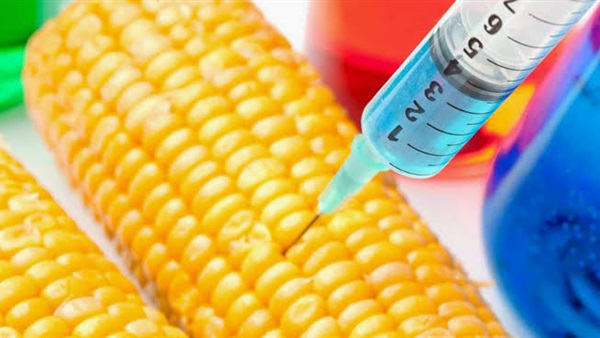More gene-edited crops in bid to boost food security

Farms will be allowed to grow more gene-edited crops to secure British food supplies against the disruption caused by the war in Ukraine.
Known as the breadbasket of Europe, Ukraine has struggled to export goods such as wheat because of Russian blockades, which has caused an increase in prices and global shortages.
This week the government will introduce a bill to simplify rules on editing the genes of plants to make them more resistant to disease or need less water, The Daily Telegraph reported. A source told the newspaper: “It could be good news for food security.”
The Genetic Technology (Precision Breeding) Bill is expected to be presented to parliament this week, with a second reading in a fortnight. George Eustice, the environment secretary, told the newspaper: “Precision technologies allow us to speed up the breeding of crops that have natural resistance to diseases and climate change, and better use of soil nutrients so we can have higher yields with fewer pesticides and fertilisers. Water scarcity is a coming challenge . . . and this technology could be imperative to global food security.”
Food security is also expected to feature prominently in a national food strategy white paper next month.
Andrew Bailey, the governor of the Bank of England, warned last week of the Ukraine war’s “apocalyptic” impact on food supplies. He told MPs on the Commons Treasury committee: “That is a major worry and it is not just a major worry for this country, it is a major worry for the developing world as well.”
An estimated 1.7 billion people in 100 countries are likely to be affected by a fall in grain supplies from Ukraine this year, the UN has said.
Ministers hope that the bill, designed to “remove unnecessary barriers inherited from the EU”, will be made law this year. Gene-edited crops were the subject of a 2018 ruling from the European Court of Justice. It decided that the technology should be regulated in the same way as genetic modification, which typically involves the introduction of a gene from another organism.







